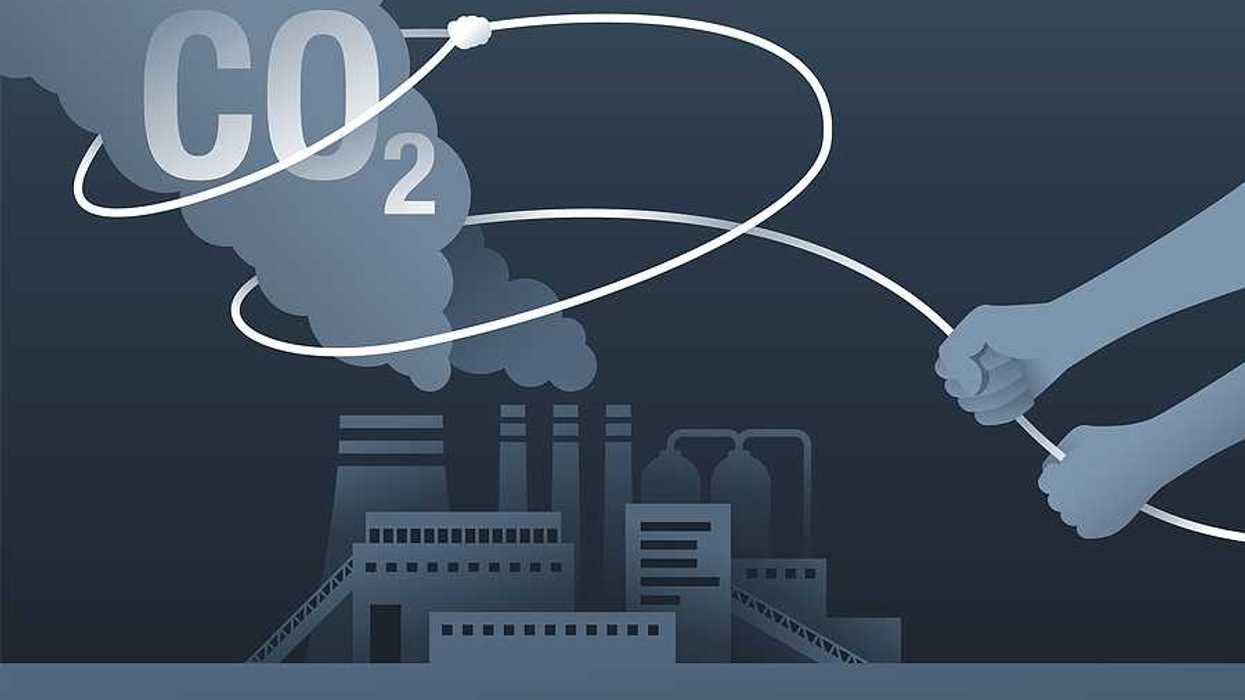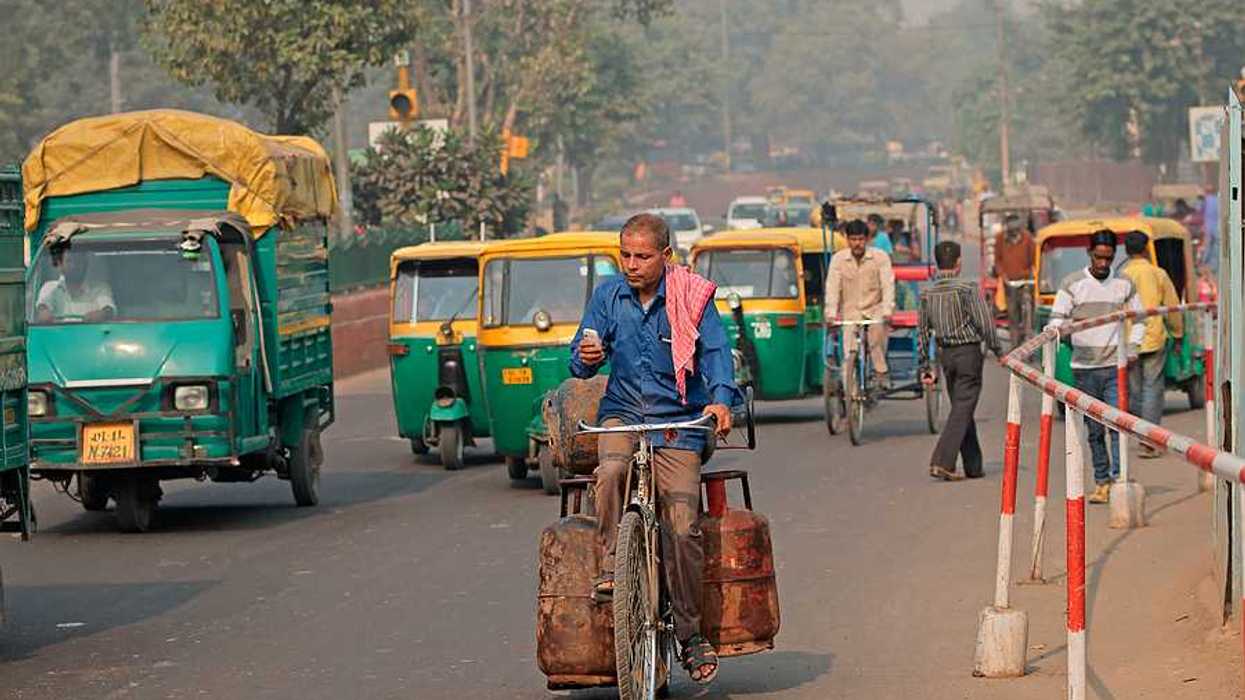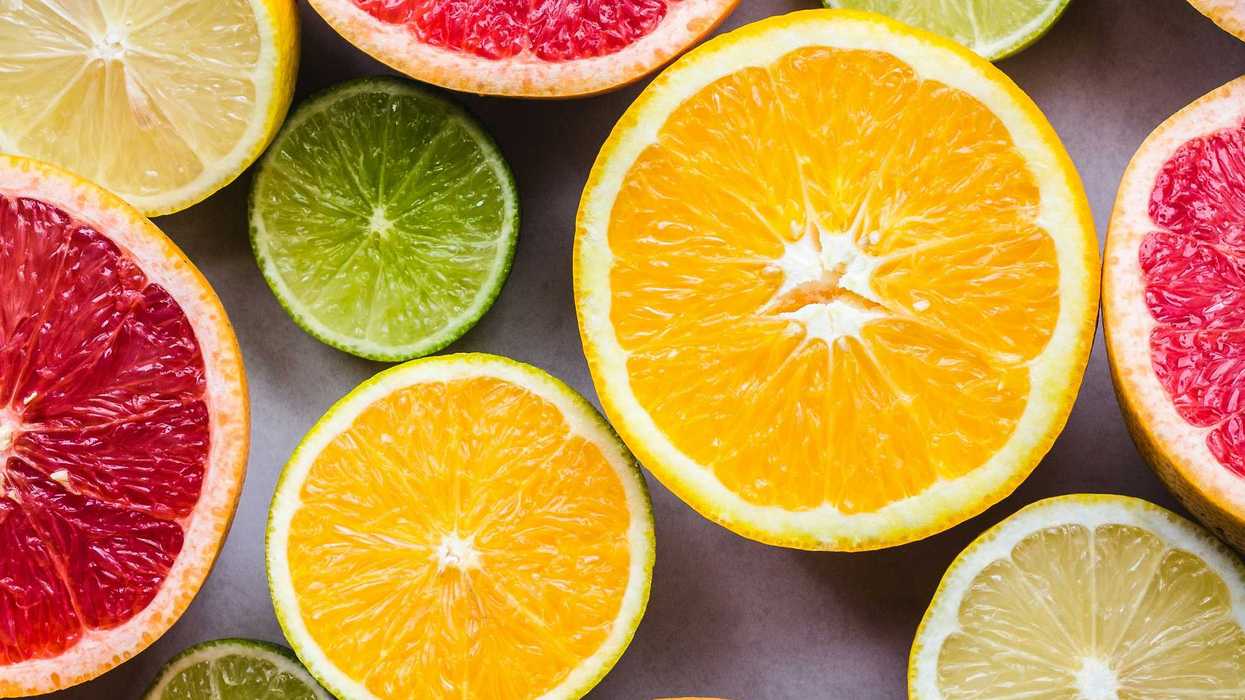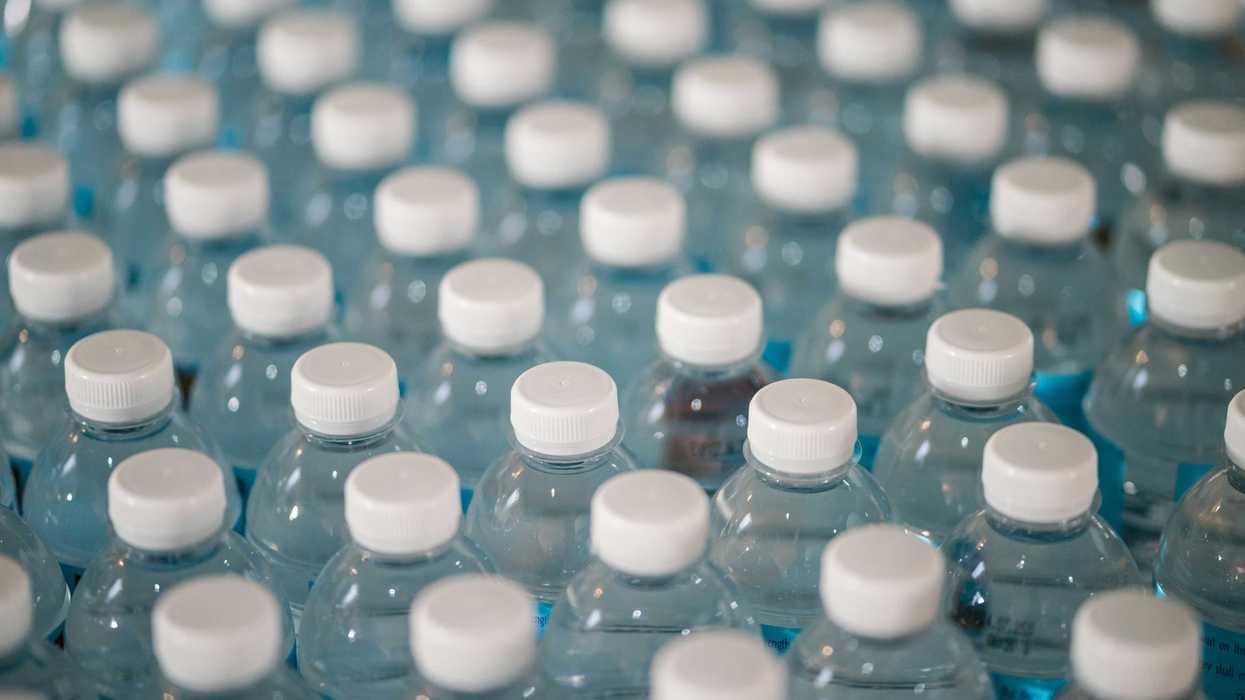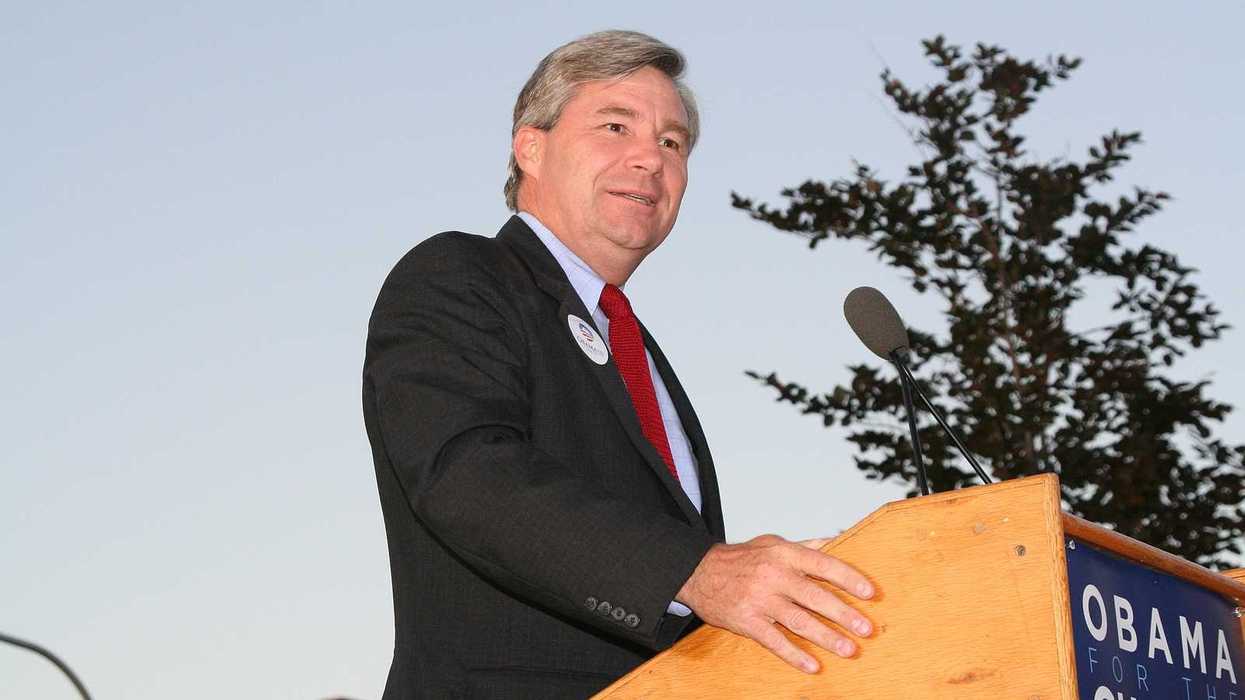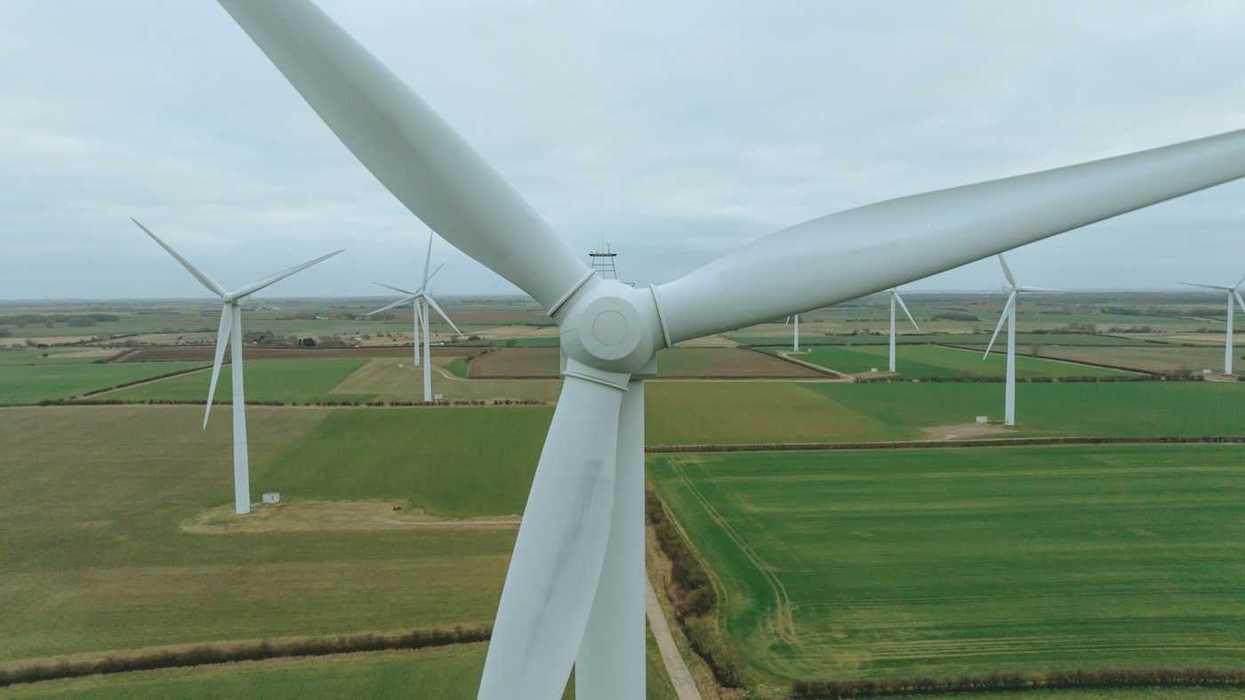Denmark will ban the use of per- and polyfluoroalkyl substances (PFAS) in paper and cardboard used in food packaging within the next year under a proposal from the country's Ministry of Environment and Food.
The ban, estimated to take effect by July 2020, would make Denmark the first country to ban the class of chemicals from food contact materials. PFAS chemicals are often used as water and grease repellents, winding up in paper and cardboards that come into contact with food. The compounds can then migrate into the food and people.
Exposure to the chemicals has been linked to multiple health impacts, including testicular and kidney cancers, decreased birth weights, thyroid disease, decreased sperm quality, high cholesterol, pregnancy-induced hypertension, asthma and ulcerative colitis.
"I do not want to accept the risk of harmful fluorinated substances migrating from the packaging and into our food. These substances represent such a health problem that we can no longer wait for the EU," Denmark Food Minister Mogens Jensen said in a statement.
In addition to citing health concerns and European Union inaction, the Ministry of Environment and Food noted the chemicals are "very difficult to break down in the environment," and "accumulate in humans and animals."
PFAS compounds are also widespread in the U.S.—showing up in both drinking water and food. The Denmark ban comes just months after Michigan Congresswoman Debbie Dingell (D-MI) introduced a bill to ban PFAS in food containers and cookware. The bill, introduced in May, has yet to be heard by committee.
And just last month the U.S. nonprofit Environmental Working Group called for a U.S. ban on PFAS in food packaging. In calling for the ban, Scott Faber, Senior Vice President, Government Affairs for EWG, pointed out the U.S. Food and Drug Administration has allowed 69 different PFAS compounds, produced by 19 chemical companies, in food packaging.
In recent years, Europe has made more progress than the U.S. on chemical regulation. In April, the EU Parliament called on EU countries to "swiftly take all necessary action" to regulate endocrine disrupting chemicals.
U.S. environmental nonprofit Green Science Policy Institute applauded Denmark's move and hopes it spurs similar action in the U.S.
"We congratulate Denmark on leading the way for healthier food and hope this will encourage similar action across the EU, the U.S. and worldwide," said Arlene Blum, PhD of the Green Science Policy Institute and the Department of Chemistry at UC Berkeley, in a statement.
"Given the potential for harm, we must ask if the convenience of water and grease resistance is worth risking our health."
- Green beauty product testing finds more than 60% have PFAS indicators - EHN ›
- IN-DEPTH: What we know about PFAS in our food - EHN ›
- IN-DEPTH: What we know about PFAS in our food - EHN ›
- Outdoor brands phase out PFAS, “forever chemicals,” ahead of state bans - EHN ›
- Minnesota enacts nation’s broadest ban of “forever chemicals” - EHN ›
- Are you spreading PFAS on your morning toast? - EHN ›
- Food packaging can harm human health - EHN ›
- PFAS with your pizza? People who eat more takeout have higher levels of harmful chemicals in their bodies - EHN ›





